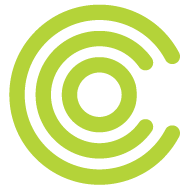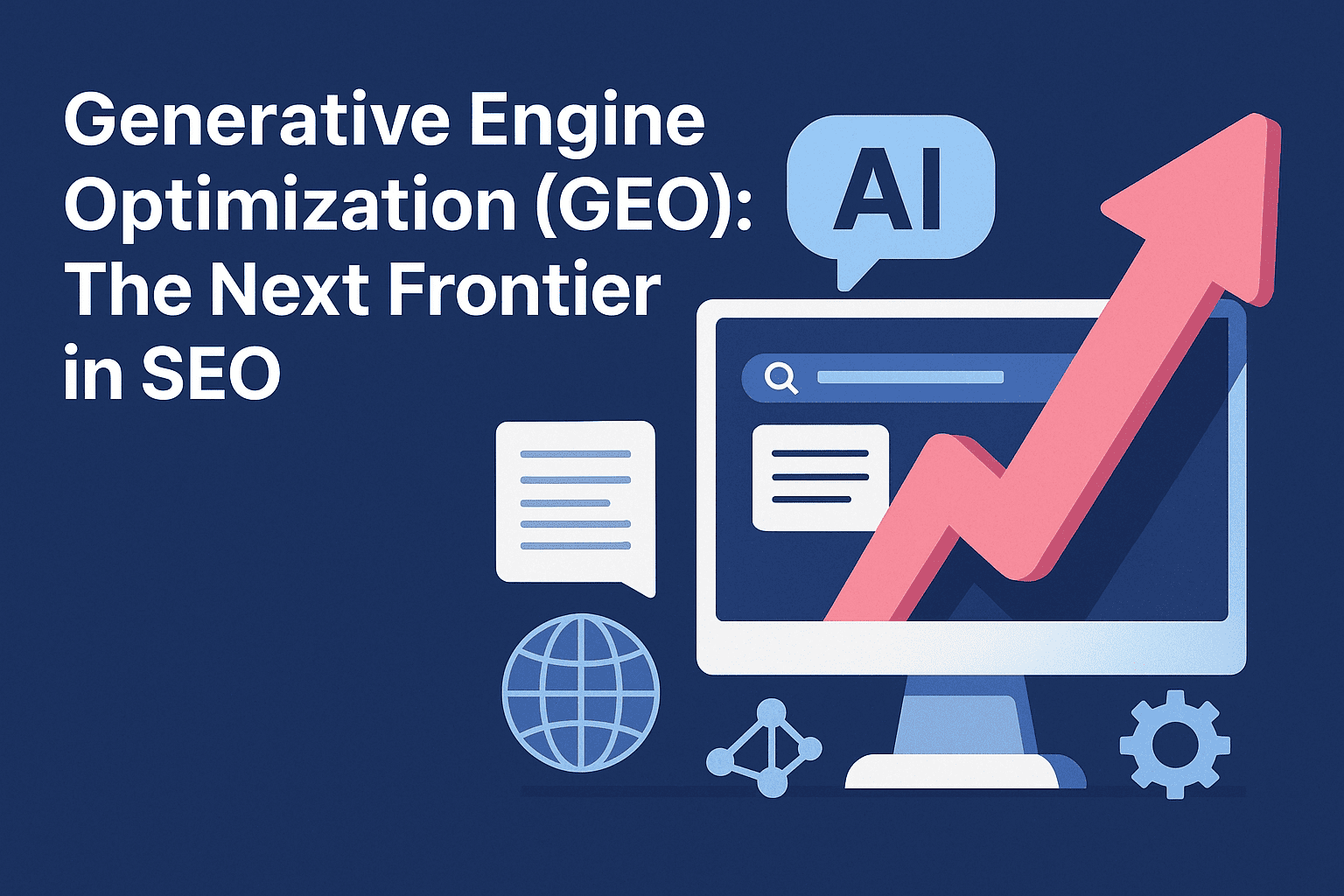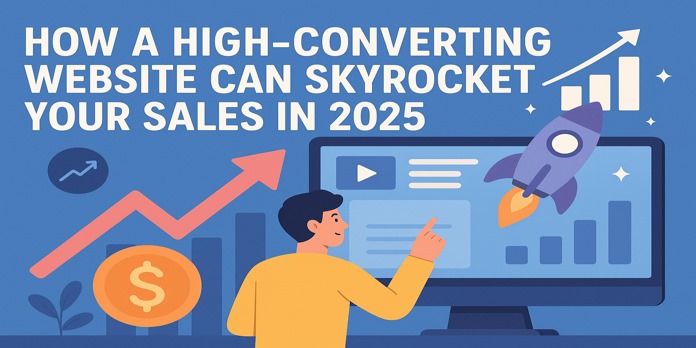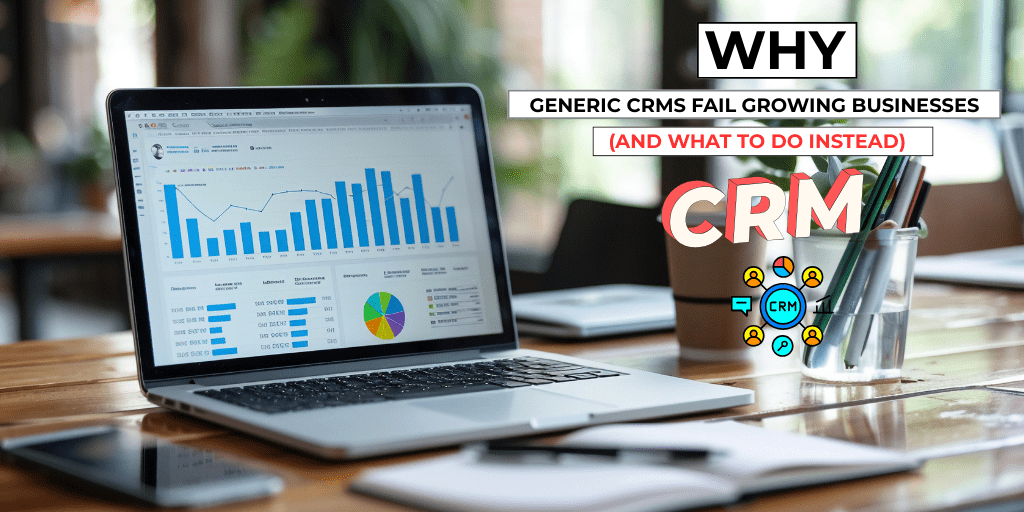Blog Detail
The Importance of On-Page SEO: How to Optimize Your Content
Search Engine optimization
Jul 22 2024
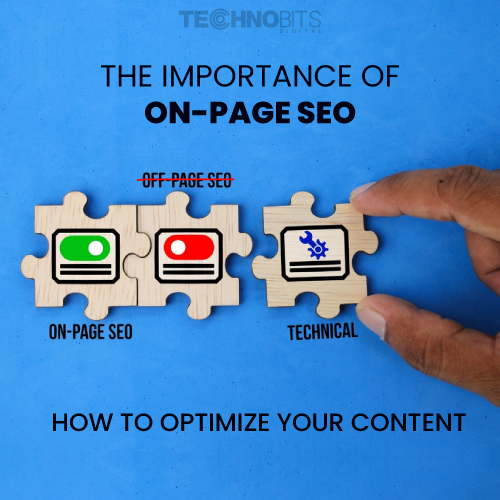
The Importance of On-Page SEO: How to Optimize Your Content
Discover the significance of on-page SEO and learn effective strategies to optimize your content for better search engine rankings, increased traffic, and enhanced user engagement.
In today's digital landscape, having a strong online presence is crucial for any business or individual looking to make an impact. One of the most effective ways to guarantee that the people you want to see on your website see it is through Search Engine Optimization (SEO). Among the various SEO techniques, on-page SEO is a fundamental aspect that focuses on tweaking specific websites to raise their search engine ranks and get more relevant traffic. This blog will explore the importance of on-page SEO and offer helpful advice on content optimization.
Understanding On-Page SEO
All the actions that can be done directly on the website to improve its position in The term "on-page SEO" refers to search engine results. This entails optimizing both the pages' HTML source code and content. Effective on-page SEO helps search engines understand your content, improve user experience, and ensure your website is seen as valuable and relevant by both search engines and users.
The Importance of On-Page SEO
Enhanced User Experience: On-page SEO aims to provide users with valuable and interesting information. By making sure that your writing is logically organized, simple to read, and relevant, you can significantly enhance the user experience. A positive user experience not only prolongs visitors' stay on your website but also motivates them to return, share your content, and ultimately convert.
Improved Search Engine Ranking:Search engines evaluate a webpage's quality and relevancy using various methods. On-page SEO can help search engines better comprehend your content, leading to higher rankings. Elements like keyword optimization, meta tags, and internal linkages are essential for enhancing search engines' understanding and accessibility of your material.
Higher Click-Through Rates (CTR): Well-optimized meta descriptions and title tags can significantly improve your website's click-through rates. When users see a compelling and relevant snippet in the search results, They have a higher chance of clicking on your link, increasing website traffic.
Increased Engagement and Conversions: Optimized content that is aligned with user intent can lead to higher engagement and conversions. By offering insightful content that caters to your audience's needs, you can establish authority and trust with them. This will motivate visitors to do desired activities, like subscribing to your newsletter, making purchases, or getting in touch with your company.
How to Make Your Content More SEO-Friendly on the Page
Keyword Research and Optimization: In order to determine the phrases and terms that people in your target audience are using to search, start by performing in-depth keyword research. To locate pertinent keywords with a high search volume and little competition, use tools like Ahrefs, SEMrush, or Google Keyword Planner. After you've chosen your keywords, carefully include them in your writing, including in the title, headings, meta descriptions, and throughout the body text. However, avoid keyword stuffing, which can lead to penalties from search engines.
Create High-Quality Content: Ensure your information is interesting, educational, and valuable. Your writing should respond to the concerns and inquiries of your readers, offering them practical advice and answers. To make your material more enticing and understandable, combine text, photos, videos, and infographics.
Optimize Title Tags and Meta Descriptions: Meta descriptions and title tags are crucial to on-page SEO. A succinct synopsis of the material should be included in the meta description, and the main keyword should be included in an attention-grabbing title tag. Urging visitors to visit your website by clicking through. Both should be within the recommended character limits (usually 60 characters for title tags and 160 characters for meta descriptions).
Use Header Tags (H1, H2, H3):Header tags aid in organizing your information and facilitate navigation for both people and search engines. For the page's main title, use the H1 tag; for subheadings, use the H2 and H3 tags. To increase search engine optimization and give clear indications about the content of each part, use pertinent keywords in your headers.
Optimize Images:While graphics might enhance the user experience, search engine optimization is still necessary. Use alt text with meaningful keywords and illustrative file names. You can compress your photos to make them smaller in file size. Page loads will load more quickly as a result, which is beneficial for user experience and SEO.
Improve Page Load Speed:Maintaining user engagement and raising your search engine position both depend on having a website that loads quickly. To evaluate the functionality of your website and pinpoint areas for development, use tools such as Google PageSpeed Insights. To increase how quickly your page loads, simplify HTML, CSS, and JavaScript, optimize pictures, and make use of browser caching. inimize CSS, JavaScript, and HTML to enhance your page load speed.
Internal Linking:Internal links aid search engines in deciphering the organization of your website and creating a significance hierarchy. of importance. They also keep users engaged by providing easy access to related content. Make sure your internal links are pertinent and make use of keyword-rich, descriptive anchor language.
Mobile Optimization:Making sure the mobile version of your website is more crucial than ever, given the increasing popularity of mobile devices. Make sure your website appears and functions properly on all devices.responsive design, and test your mobile performance frequently to fix any problems.
Conclusion
A crucial component of successful on-page SEO is any SEO strategy. Your search engine rankings, user experience, and targeted traffic can all be increased by concentrating on optimizing your content and website structure. Put this blog's advice into practice to make sure your material is optimized for both users and search engines, and observe how your online visibility expands.
TAGS
India +91 97265 89144, Dubai +971 544149632.
We truly care about our users and our product.
